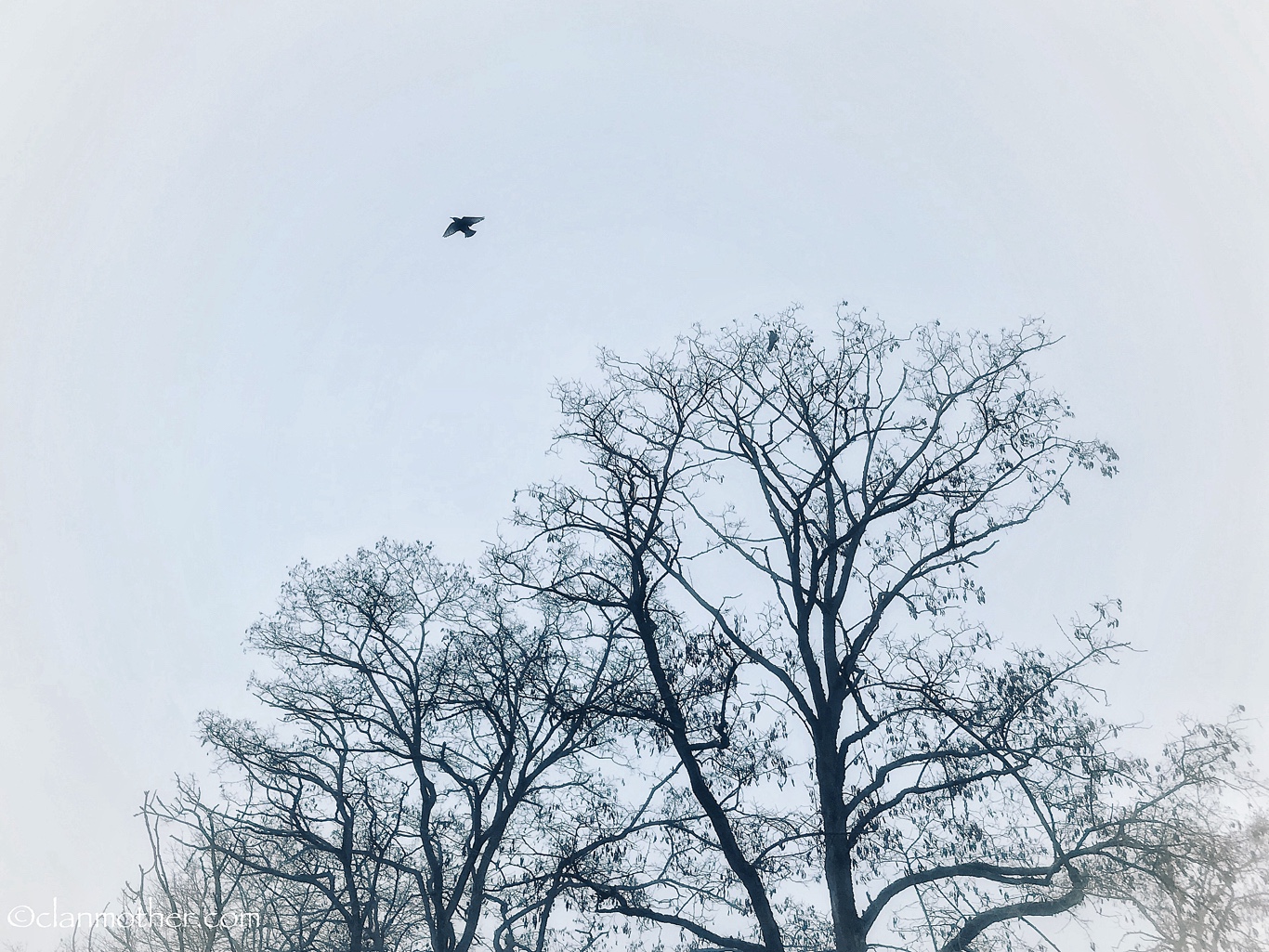Happy Halloween!
On the days of October 31 and November 1, we are celebrating traditions that have come to us through the centuries. The ancients who commemorated the Celtic Festival of Samhain would light bonfires and wear costumes to ward off ghosts, marking the end of the harvest season and beginning of winter or “darker-half” of the year. All Saints Day originated with Pope Gregory III, in around 731 when he designated November 1st as a time to honour all saints.
Soon, as is the way with legends and traditions, All Saints Day incorporated some of the traditions of Samhain. What was first known as All Hallows Eve, became Halloween, a day where activities like trick-or-treating, carving jack-o-lanterns, festive gatherings, donning costumes and eating treats have entertained us over the years.

I am publishing this post at the stroke of midnight on October 31, 2023, the very point of transition between Halloween and the coming of All Saints Day.
I am publishing this post at the stroke of midnight on October 31, 2023, the very point of transition between Halloween and the coming of All Saints Day. The trick or treaters are safely home with their stash of candy. The candles illuminating the jack-o-lanterns sitting on steps leading to doorways have long since burned out. Now, a ghostly, intense darkness envelopes our side of the world, magnifying the noises of night. Do you hear the whispers? Do you hear the creaks in the floorboards, the cold wind whistling around the corner of the house? What is tapping at the windowpane?
Fears come in the night and are exaggerated by darkness.
What better time than now to recite “The Raven” the poem by Edgar Allan Poe.

The Raven by Edgar Allan Poe – Rebecca's Reading Room
We find a young scholar reading books of “lore” by a dying fire on a dreary night in December. Lamenting the loss of love, the young scholar is seeking a way to forget the death of the beloved Lenore. A tapping at the chamber door reveals nothing. But the tapping is repeated more incessantly, now at the window. When the window is opened, a raven flutters into the chamber and the perches on a bust of Pallas above the door.
As the poem progresses the young scholar begins as “weak and weary,” transitioning to regretful and grief-stricken, before passing into an angry frenzy when the raven says “nevermore” to being reunited with the beloved Lenore.
As we pass into the night, join me in reciting The Raven by Edgar Allen Poe.
The dawn in near, morning is coming, and a new day will come again. Having faced darkness, it is time to live in the light.
Until we meet again, dear friends, keep reading, keep reciting poetry, take care and be well. I leave you with these words by Edgar Allan Poe.
“To elevate the soul, poetry is necessary.”
Edgar Allan Poe

Ah, I wondered if you’d share The Raven this Halloween, Rebecca. A great Poe poem, but The Sleeper is still my favourite.
LikeLiked by 1 person
I have The Sleeper” by Edgar Allan Poe on my list to recite, Robbie, thanks to your most excellent review on May 26, 2021, which I saved for future reference. This is not an easy poem to recite, but what a feeling to hear the words aloud. I am in the “practicing stage” so will have it ready for June. Like you, I find “The Sleeper” to be a thought-provoking and atmospheric poem that showcases Poe’s mastery of the macabre.
LikeLiked by 1 person
Hi Rebecca, my effort dims in the glow of your effort and enthusiasm. I look forward to what you produce. I think The Sleeper might be a tribute to his mother and young wife who both died young.
LikeLiked by 1 person
This poem reminds me that there was a belief in the 19th century that excessive study caused “brain fever,” which addled the wits of the hapless scholars suffering from it, sometimes sending them to the state asylum for the insane. (This happened to one of my uncles going back several generations.)
LikeLiked by 1 person
A very interesting thought, Liz!! I remember reading about “brain fever” in a couple of books that I borrowed from a neighbour when I was a teen. They were very old books that were set in India, which I think came from Victorian times during the Raj. They mentioned brain fever. Your comments prompted me to find out more. This is what I read: Brain fever is a medical condition characterized by inflammation in a specific area of the brain, resulting in symptoms resembling fever. Although the term is outdated, it is frequently mentioned in Victorian literature, where it typically refers to a serious illness triggered by intense emotional distress, which goes along with the idea of excessive study. I continue to learn.
LikeLiked by 1 person
Thanks for the additional information, Rebecca!
LikeLiked by 1 person